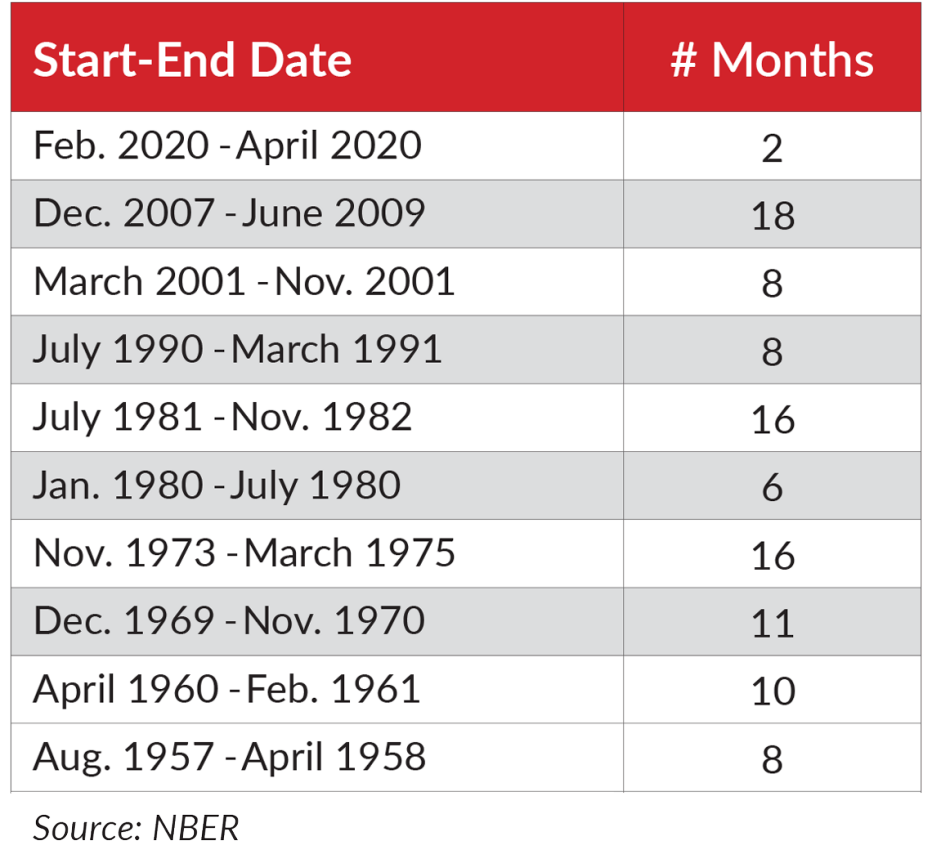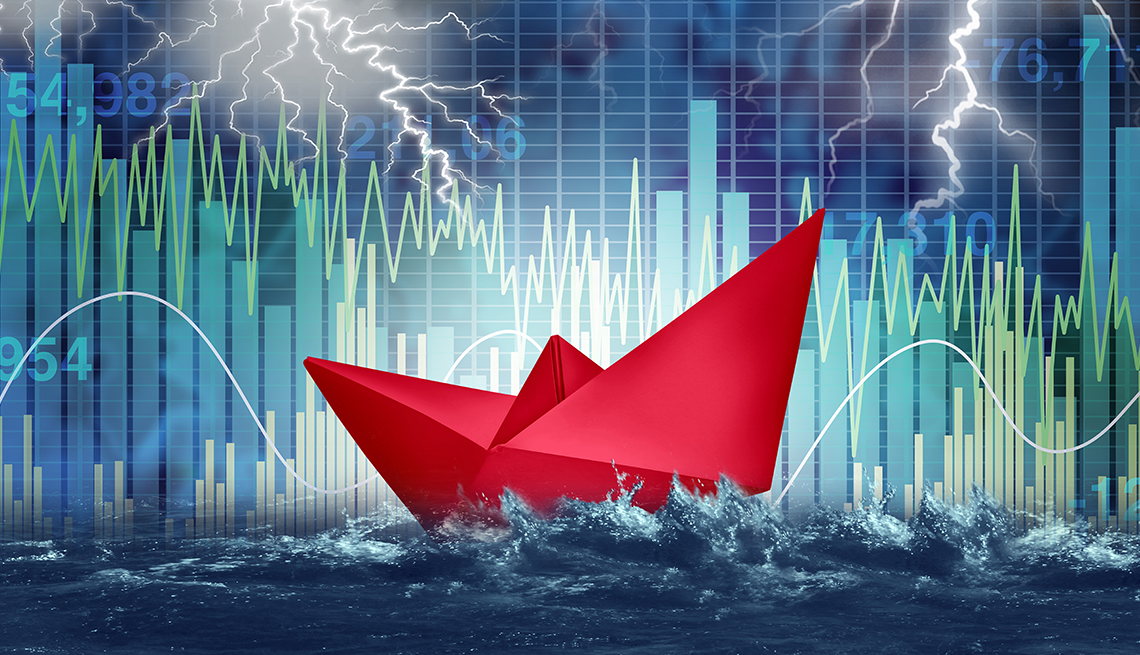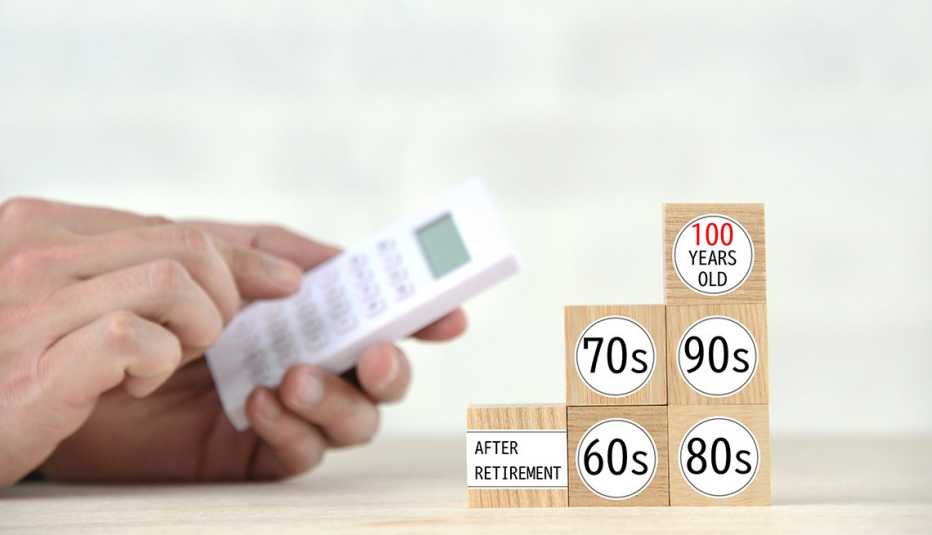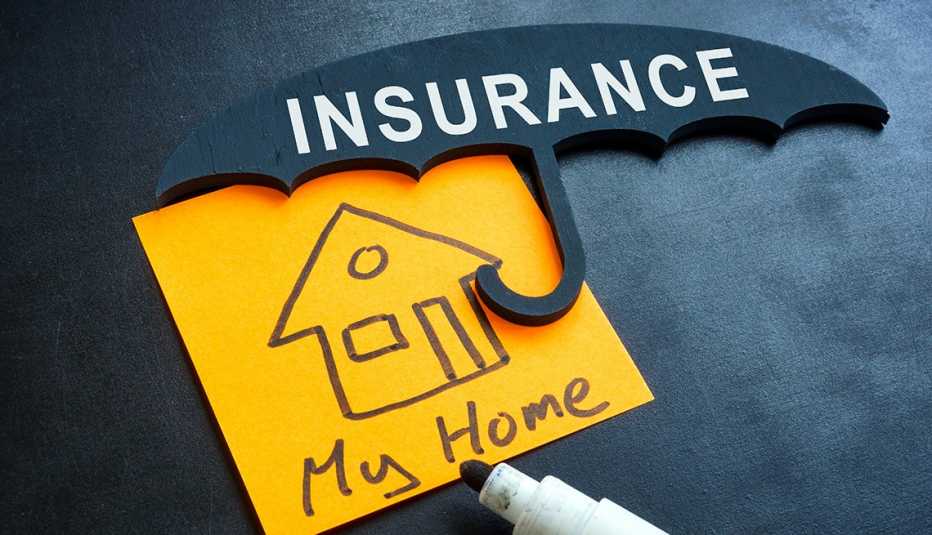Staying Fit
Is the U.S. in a recession? The media was filled with speculation after the Bureau of Economic Analysis (BEA) announced that the nation's economy had contracted in the first and second quarter of 2022. The official arbiter of recessions, the National Bureau of Economic Research (NBER), says it's too soon to tell.


AARP Membership— $12 for your first year when you sign up for Automatic Renewal
Get instant access to members-only products and hundreds of discounts, a free second membership, and a subscription to AARP the Magazine.
But sooner or later, the economy will fall into a recession, because that’s the nature of the economy: Busts follow booms. For many retirees, the biggest challenge is the investment volatility that typically accompanies a recession. For those who haven’t retired yet, the biggest worry tends to be job loss. If you know what to expect in a recession, however, you’ll know how to survive it. Let’s take a look at what recessions are and how to handle them.
What’s a recession?
Most retirees have lived through several recessions and know that it’s not pleasant. Typically, you’ll see a recession described as “two consecutive quarters of negative economic growth.” In other words, gross domestic product (GDP), adjusted for inflation, has to fall for at least six months. But that’s not a terribly accurate description.
The NBER is a private nonprofit made up of economic researchers. Its Business Cycle Dating Committee uses several different indicators to determine when a recession starts and ends. GDP is just one of those indicators. The committee also looks at employment trends, industrial production and retail sales, among other factors.
The NBER’s broad definition of a recession is that it is “a significant decline in economic activity that is spread across the economy and that lasts more than a few months.” In practical terms, a recession is a period of increasing unemployment, business failures and general economic distress.
Since 1854, the U.S. has had 35 recessions, lasting an average of 17 months, according to NBER. Recessions have been fewer and shorter since 1945, lasting an average of 10.3 months. The recession of 1873 was the big daddy of misery: It lasted 65 months. Here's how long the last 10 recessions lasted:


What causes a recession?
A classic recession is caused by an overheated economy. Rising demand for goods roars past industry’s ability to produce them; that, in turn, results in rising prices. Low unemployment means that workers can command higher wages, which results in further economic overheating.



































































